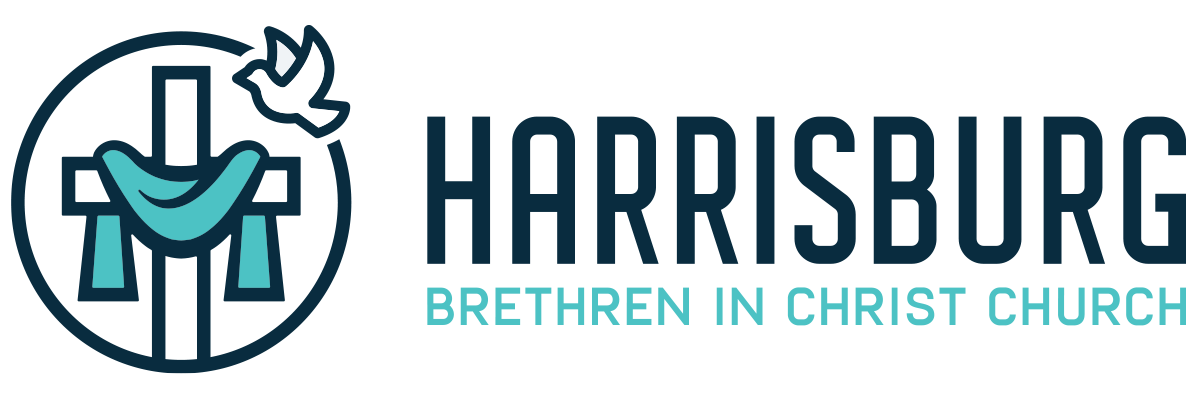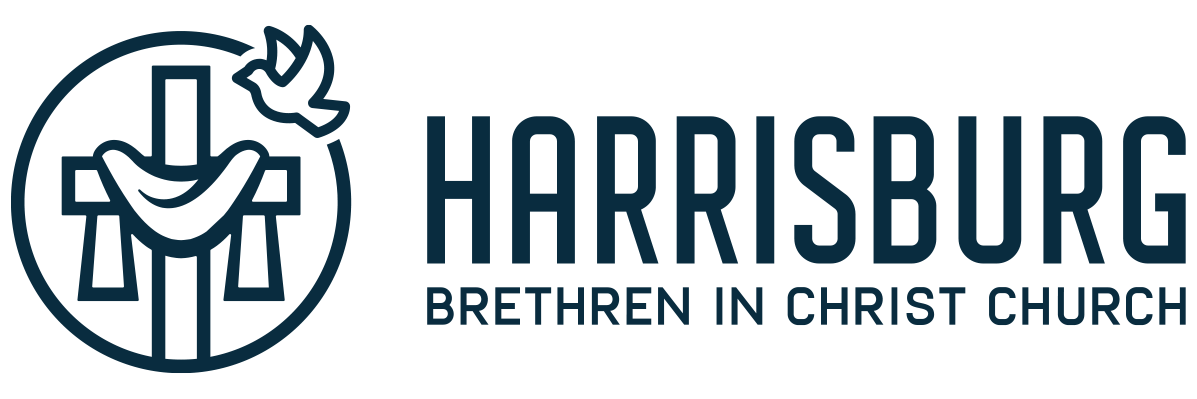But you are a chosen people, a royal priesthood, a holy nation, God’s special possession, that you may declare the praises of him who called you out of darkness into his wonderful light. 1 Peter 2:9
Dear HBIC Family,
This week as we gather to worship, our focus will be on our third theological root (or ‘stream,’ as it is more commonly referred), which is Weslyanism. From the B.I.C. U.S. website :
“We trace part of our heritage to the teachings of 18th century British scholar and preacher John Wesley. The Wesleyan movement in America — also known as the Holiness movement — emphasized conversion as a conscious acceptance of God, as well as the empowerment of the Holy Spirit and daily growth in holiness. Today, we value the free gift of salvation in Christ Jesus and the Holy Spirit’s transforming power as we excitedly share the gospel with all.”
For the Brethren in Christ, the Wesleyan movement found a home, as it was based on the Pietism (heart-felt, life changing salvation) we knew quite well. While it intensified a dramatic second experience (or second work of grace), it was pragmatic in producing conversions and Christian renewal and growth. These were seen as very good at a time where the BIC were growing more evangelical with their local witness, while also engaging increasingly in world missions.
The questions for us centered on how does the Wesleyan Holiness movement in the Church across North America fit with our strong Anabaptist tradition? Does personal experience supersede communal interpretation? How does spontaneity fit into corporate worship? Does this teaching on grace neglect a proper understanding of sin and even suffering in the Christian life? As we interact with other holiness churches, what about things we don’t agree on, such as baptism, simple living, or peace and nonresistance?
Reading through the theological statements and reflections of the historians during this time, it is a blessing that the BIC did not split as a church. People held very strong opposing views on sanctification for example, yet they pledged to be family together. Their public meetings were described not as simple compromise, but as seeking the will of God together, so that what God revealed and what people held dear was respected by all. It truly was remarkable, especially considering current conversations in so many churches where strong disagreement sometimes means separation.
I’m growing ever more convinced that one of the ways God keeps us together as one is by bringing us back to the Scriptures. Our communal reading of the Word of God allows the Holy Spirit to knit us together, speak in us, and speak through us all. It also gifts us with new eyes, minds, and hearts on even the most familiar passages. As you prepare for this week’s services, I would like to invite you to read and meditate on 1 Peter 2:1-10. As you reflect, I would like to ask you to focus on the following questions:
- What does holiness look like to you? Why is it important?
- How does seeing God’s goodness inspire you to live for God?
- How is God calling us to be family together (a spiritual house and a holy priesthood)?
- How do you think God has set us apart, as a church, for such a time as this?
- How can we better show God’s love, grace, and mercy to our world?
1 Peter has long been a great witness and testament to the suffering Church. It was written to a people struggling to live out their faith and allegiance to Christ within an empire that wanted their loyalty. It was written to God’s children in diaspora, facing hostility, persecution, and oppression. And it was written to encourage steadfast faith and trust in God by reminding listeners and readers that we follow Jesus because we have been set apart by God.
Sisters and brothers, we may not know the plight and suffering of the people who first heard Peter’s words. Honestly, we do not even know the plight and suffering many of our sisters and brothers around the world are facing. This is true. Even still, God still expects us to live out our faith with Jesus as our Lord. God has set us apart, for today, for our world, and for our people. Our call to be holy is to live as God’s chosen people, declaring God’s praises, telling Jesus’ story, and living by the Spirit to share God’s love, grace, and mercy to all.
God bless you all and take care.
Love in Christ,
Pastor Hank (1 Peter 2:9)

